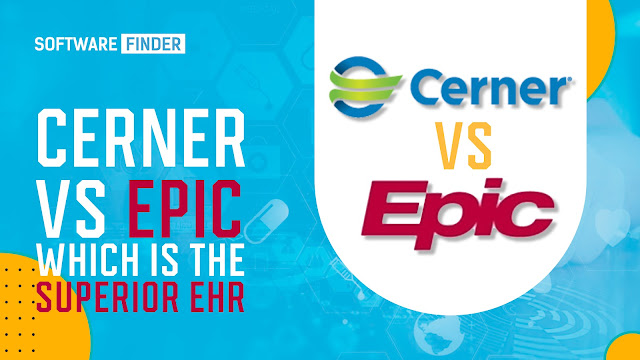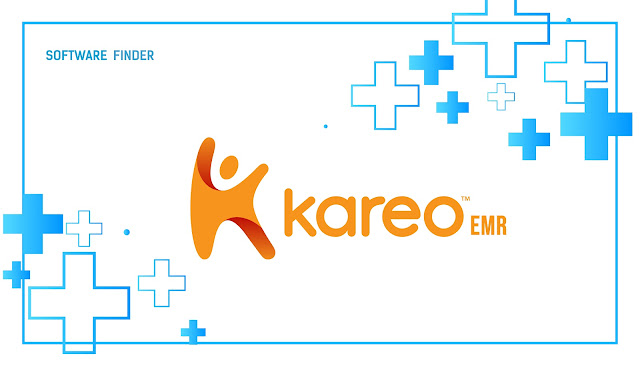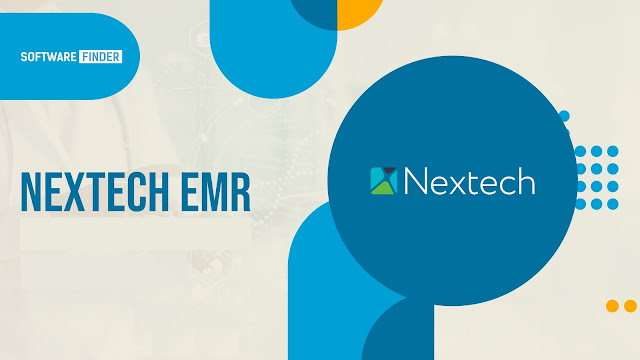Cerner Vs Epic - Which is the Superior EMR?
Choosing between Cerner and Epic EHRs can be a daunting task, but there are advantages to each. Both systems offer customizable templates and take care of payments automatically, but which is better for you? This article outlines the key differences between the two software systems. In addition, you'll discover how each one can help you get the most out of your practice's data. Cerner's EHR is easy to use and customizable, but Epic's ease of use is hard to beat.
Cerner EMR Offers Customizable Templates
Choosing an EHR can be difficult, but Cerner EMR has plenty of customizable templates for you to choose from. This customizable EHR can be configured to fit your practice's specific needs. It is very user-friendly, but that doesn't mean it's intuitive or easy to use. Many users of Cerner complain about its slow system and need training before they can master its interface. The good news is that Cerner offers affordable pricing for any size practice, regardless of the number of users.
With customizable templates, nurses can easily create the chart they need to document patient information. Charting is a process of entering information about a patient's clinical status and best practices. Cerner makes charting easy and saves nurses time. This allows them to spend more time with patients instead of completing paperwork. The system allows physicians and nurses to communicate easily with each other. It helps you manage your practice better. Cerner's customizable templates help you make the most of this advanced technology.
If you are new to using an EHR, it's a good idea to look into both Cerner and Epic. Both of them are great options and are very similar. You can choose between them based on your particular needs. If you're unsure which one to use, start by reviewing the list of features for each. If you're looking for a platform with many customizable templates, check out Cerner EHR.
Epic EMR Takes Care of Payments Automatically
The Epic EMR has many benefits for medical practices, including its extensive training library, automated payment processing, and ability to integrate with other systems. It also has a robust customer service department that offers live chat, phone support, and email. Additionally, Epic has a large database of FAQs to help users navigate the system. Payments are also handled automatically, which saves practice time. Both Epic and Cerner have their fair share of drawbacks.
In recent years, both companies have improved their EHR solutions. Epic has made it easy for smaller medical practices to use its features. For instance, its 'Sonnet' solution is designed specifically for smaller practices, but Cerner is the more popular choice among doctors. Both companies also offer 24/7 service support. Both companies offer training to in-house users, so the process is seamless.
Both Cerner vs Epic is cloud-based software development companies. Both hold a share of the EHR market in the United States. They are both highly recognized, with both providers and patients satisfied with their EHRs. Cerner is more popular in the clinical arena, while Epic is more widely used in hospitals. However, both companies aim to succeed in the market with new innovative solutions. While Cerner has an impressive list of features and benefits, it also lacks CRM and consulting services.
Also Read: Benefits of Aesthetics Pro EHR Software For The Medical Industry
Other Best Ones
In the MEDITECH EHR vs. Cerner comparison, the two companies offer similar software systems that provide a comprehensive patient records. Cerner also has the advantage of a highly graphical user interface, but that doesn't mean the program will be as easy to use as the MEDITECH EHR. Users of the Cerner system complain about long, repetitive workflows. Even so, this EHR is quite usable, although it can be difficult to use without adequate training.
EHR and EMR interoperability is another important difference between these two systems. The EMR solutions typically contain medical information from a specific organization, while EHR systems contain patient demographics, financial data, and administrative data. As a result, both systems need different types of integration to work together. In addition to EMR integration, healthcare organizations need professional tech support to integrate disparate third-party solutions, which can be challenging.
During the COVID-19 pandemic, a number of new needs were introduced for the healthcare industry, and EHR systems followed suit. While practices limited the types of patients they could examine in-office, they still needed a solution. Telemedicine enabled doctors to see patients outside the office. Not only was this an easier solution, but it was also cheaper. Despite their different offerings, both systems have numerous advantages.




Comments
Post a Comment